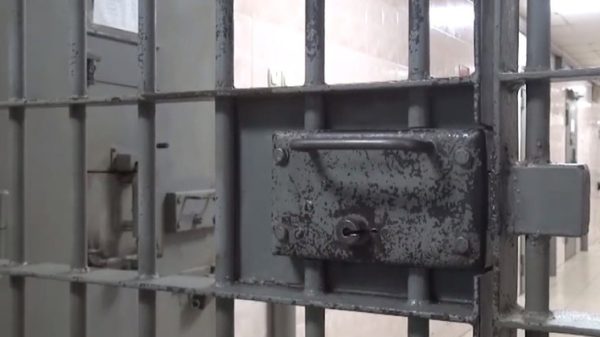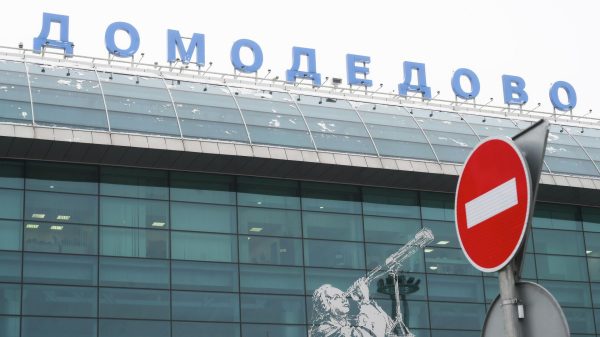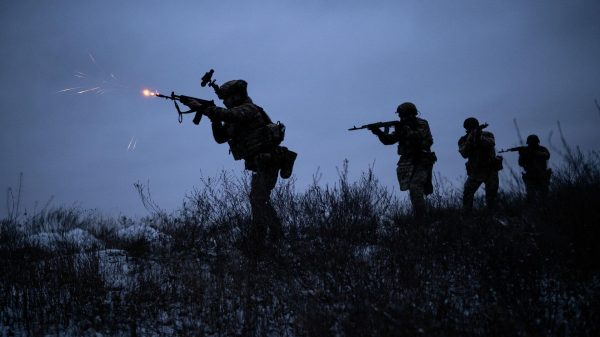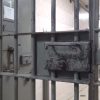 Sir Winston Churchill speaks to voters in Woodford, east London, during the 1945 general election campaign. Photo: Hulton Deutsch/Corbis Historical
Sir Winston Churchill speaks to voters in Woodford, east London, during the 1945 general election campaign. Photo: Hulton Deutsch/Corbis Historical
Britain faces its first July election in almost 80 years — and the last time it didn't go well for the Conservatives.
War-ravaged voters went to the polls on July 5, 1945 years, just two months after that. Victory in Europe and more than a month before Victory in Japan.
Winston Churchill, the Prime Minister, had been in a military coalition with Labor since 1940, but with the end of hostilities in Europe, Labor voted to leave the deal.
Politics: Latest General Election Read more
Churchill was a popular wartime leader, but many voters — including the millions of soldiers still stationed around the world — wanted to see what life really will change for the better after the end of hostilities.
Memories of the Conservatives' and Liberals' failure to provide «homes fit for heroes» after the First World War were strong, and millions were convinced that only Labor could truly change the country.
So when the votes were finally counted — after returning from military camps around the world — Clement Attlee stunned the world with his victory.
 Clement Attlee, center, in Westminster Central Hall, with Ernest Bevin (left) and Herbert Morrison (right), celebrating Labour's victory in the July 1945 general election. Photo: Popperfoto
Clement Attlee, center, in Westminster Central Hall, with Ernest Bevin (left) and Herbert Morrison (right), celebrating Labour's victory in the July 1945 general election. Photo: Popperfoto
He won a 145-seat majority for the Labor Party and expelled Churchill from government.
Although they were grateful to Churchill for offering his people «blood, toil, tears and sweat» during the conflict, only 36 per cent of voters backed the Tories, with 48 per cent choosing the Labor Party.
Labor won 239 constituencies and won 393 seats, while the Tories lost 189 and ended up with just 197.
When Churchill's wife Clementine tried to cheer him up by saying that defeat might be a «blessing in disguise», he responded : «At the moment it appears to be quite effectively camouflaged.»
The Labor Party remained in power for six years. years, during which time he changed the country forever, creating the welfare state and the NHS.
Rishi Sunak hopes the election — July 4, 2024 — will follow a different trajectory from that of his wartime hero. .
Churchill did return to power in 1951, when he led the Conservatives to a slim majority of 17 votes.























































Свежие комментарии